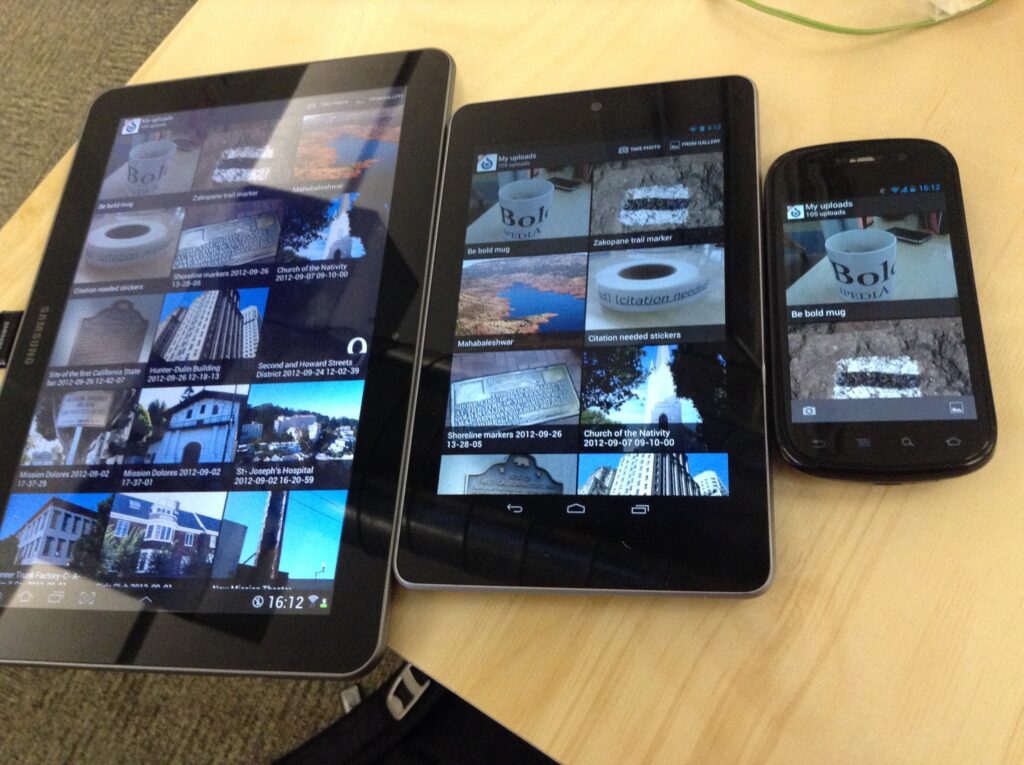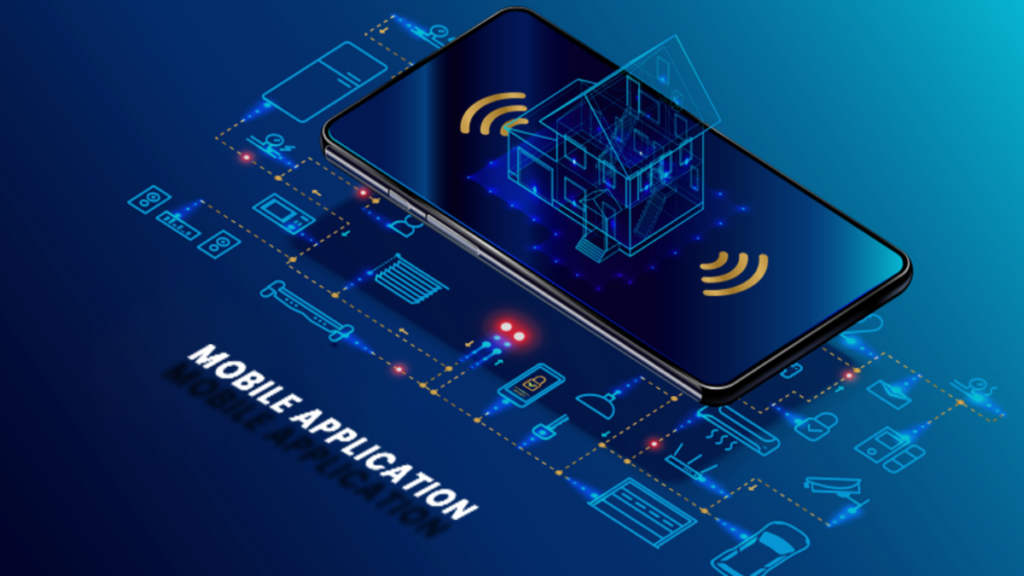
In the fast-paced digital era, where smartphones have become an integral part of our daily lives, the demand for innovative and user-friendly mobile applications is soaring. Behind the scenes, talented Mobile Application Developers play a pivotal role in shaping the mobile landscape. In this blog, we delve into the realm of Mobile Application Developers, focusing on both Android and iOS developers, exploring their roles, skills, challenges, and the ever-evolving nature of their profession.
The Rise of Mobile Application Developers
The surge in smartphone usage has led to an unprecedented demand for mobile applications across diverse industries. This surge, in turn, has fueled the growth of Mobile Application Developers, who specialize in creating applications for various platforms. Among these developers, Android and iOS developers stand out as the key players in the app development arena.
Android Developers: Crafting for Diversity
Android, being an open-source platform, offers developers a diverse and expansive ecosystem to create applications. Android developers, armed with their Java or Kotlin expertise, navigate this versatile platform to develop applications that cater to a wide range of devices, from smartphones and tablets to smartwatches and smart TVs.
Android developers face the challenge of device fragmentation, as they need to ensure that their applications run seamlessly across various screen sizes and resolutions. Additionally, staying updated with the latest Android versions and optimizing apps for performance on different devices are constant tasks for these developers.
iOS Developers: Mastering the Apple Ecosystem
On the other side of the spectrum, iOS developers specialize in creating applications for Apple devices like iPhones, iPads, and Apple Watches. Armed with Swift or Objective-C, these developers craft applications that adhere to the strict design guidelines set by Apple.The closed ecosystem of iOS allows for a more streamlined development process, but it comes with its own set of challenges. iOS developers need to ensure that their apps meet Apple’s stringent quality standards to be accepted on the App Store. They also need to adapt quickly to the regular updates and changes introduced by Apple, ensuring their applications remain compatible and optimized for the latest devices and operating systems.
Common Ground: Skills of Mobile Application Developers
While Android and iOS developers have distinct platforms to work on, there are common skills that unite them in the realm of mobile app development:
- Programming Languages: Proficiency in programming languages like Java, Kotlin, Swift, or Objective-C is fundamental for both Android and iOS developers.
- UI/UX Design: A keen understanding of user interface (UI) and user experience (UX) design principles is crucial to create visually appealing and user-friendly applications.
- Problem-Solving: Mobile application developers need strong problem-solving skills to address issues related to performance, compatibility, and user feedback.
- Adaptability: Given the dynamic nature of technology, developers must stay adaptable, learning and incorporating new tools, languages, and frameworks into their skill set.
- Collaboration: Effective communication and collaboration with cross-functional teams, including designers and QA engineers, are essential for the successful development and deployment of mobile applications.
The Challenges Faced by Mobile Application Developers
- Rapid Technological Evolution: The fast-paced evolution of mobile technologies demands that developers stay abreast of the latest trends, tools, and frameworks. This constant learning curve ensures that applications remain competitive and relevant.
- Fragmentation: Android developers grapple with the challenges posed by the diverse range of devices, screen sizes, and resolutions. Ensuring a consistent user experience across this fragmentation requires meticulous attention to detail and thorough testing.
- App Store Approval Process: iOS developers face the stringent App Store approval process, where applications are scrutinized for adherence to guidelines and quality standards. Meeting these criteria is crucial for an app’s success on the iOS platform.
- Balancing Functionality and Performance: Striking the right balance between feature-rich applications and optimal performance is a constant challenge for mobile application developers. Ensuring that an app runs smoothly while offering a wide range of functionalities is a delicate task.
The Future of Mobile Application Development
As technology continues to advance, the landscape of mobile application development is poised for further evolution. Emerging trends such as augmented reality (AR), virtual reality (VR), and the Internet of Things (IoT) are becoming integral parts of app development. Mobile application developers need to stay ahead of the curve, embracing these trends and incorporating them into their skill set to create innovative and cutting-edge applications.
conclusion
In conclusion, Mobile Application Developers, whether specializing in Android or iOS, are the architects behind the apps that enhance our daily lives. Their ability to adapt, learn, and overcome challenges is what propels the ever-evolving world of mobile applications forward. As we look to the future, the role of these developers will remain central to shaping the digital experiences that define our interconnected world.






